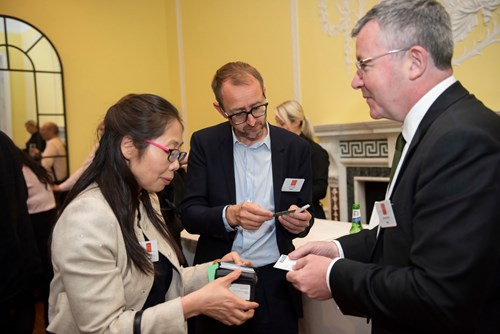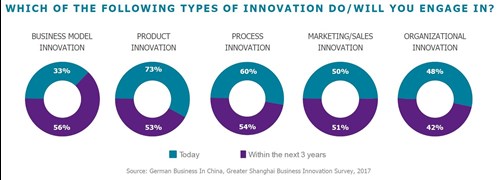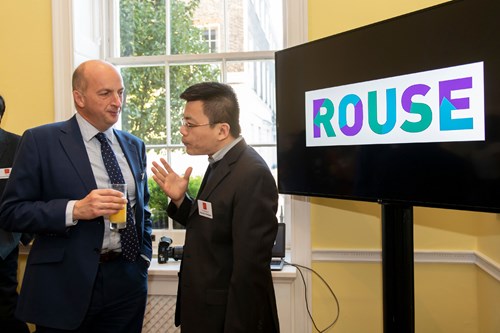Insights from the roundtable
Tired of the simplistic narratives relating to China and its role in global innovation, Asia House and Rouse organised a roundtable in September to bring together business and thought leaders to get their unique perspectives on China and innovation: the opportunities and the risks.
The following speakers shared their experiences to stimulate the wider discussion:

Here are the top 10 insights generated from the event.
1.Don’t let politics stand in the way - Connecting global innovation pipelines between East and West is crucial to addressing global challenges such as climate change, aging populations and to drive economic growth.
2. There are no simple answers - Establishing partnerships across markets is complex especially with different value systems, market characteristics and business approaches. The Chinese market can simultaneously be easy and difficult. Chinese collaborators experience the same in the UK.
3. Trust, trust, trust - A lack of trust is hindering collaboration. Openness and investing time in relationship building and cultural understanding is required.

4. China is a strong IP nation - The importance of IP creation, protection and enforcement is increasingly well understood. Even Chinese primary school children study intellectual property. The UK needs to be better engaged. British companies file fewer patents in China than Switzerland or The Netherlands and one fifth of the amount from German companies.
5. China is an innovator - They are world-leading leading in certain technologies, especially ICT, energy, mobile payments, AI and e-commerce. This feeds into business model innovation, in ways often not seen in the West.

6. Joint ventures aren’t (necessarily) the root of all evil - There can be benefits to establishing joint ventures, such as distribution and market penetration, even when not required by the law. But it depends on the sector and business deal. Joint ventures in China today can be more sophisticated than older models that may have failed.
7. Model models - Lack of understanding among business and academic communities about the different models for collaboration with little awareness of the many success stories. Need more leading exemplars to demonstrate the benefits of innovation partnerships between the West and China.
8. Identifying the “win-win” - Greater support needed to help identify the real opportunities for international partnerships, looking at where expertise lies, complementary strengths and gaps. Demand for a platform bringing together Government, business and academia to create focus for collaboration.

9. Building walls? - Perception that all countries are raising barriers, creating further difficulties in developing strong working partnerships. Need to balance legitimate national security concerns of all with an open collaboration environment.
10. Government signalling - As the debate becomes more polarised with China and the US taking opposing positions, high level messaging and positive signalling from other Governments plays an increasingly important role.
